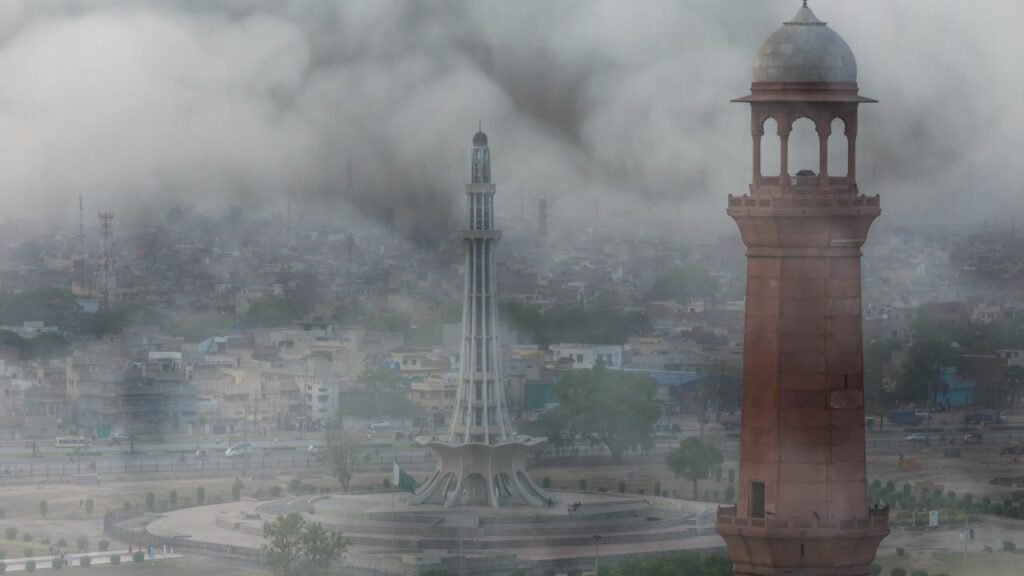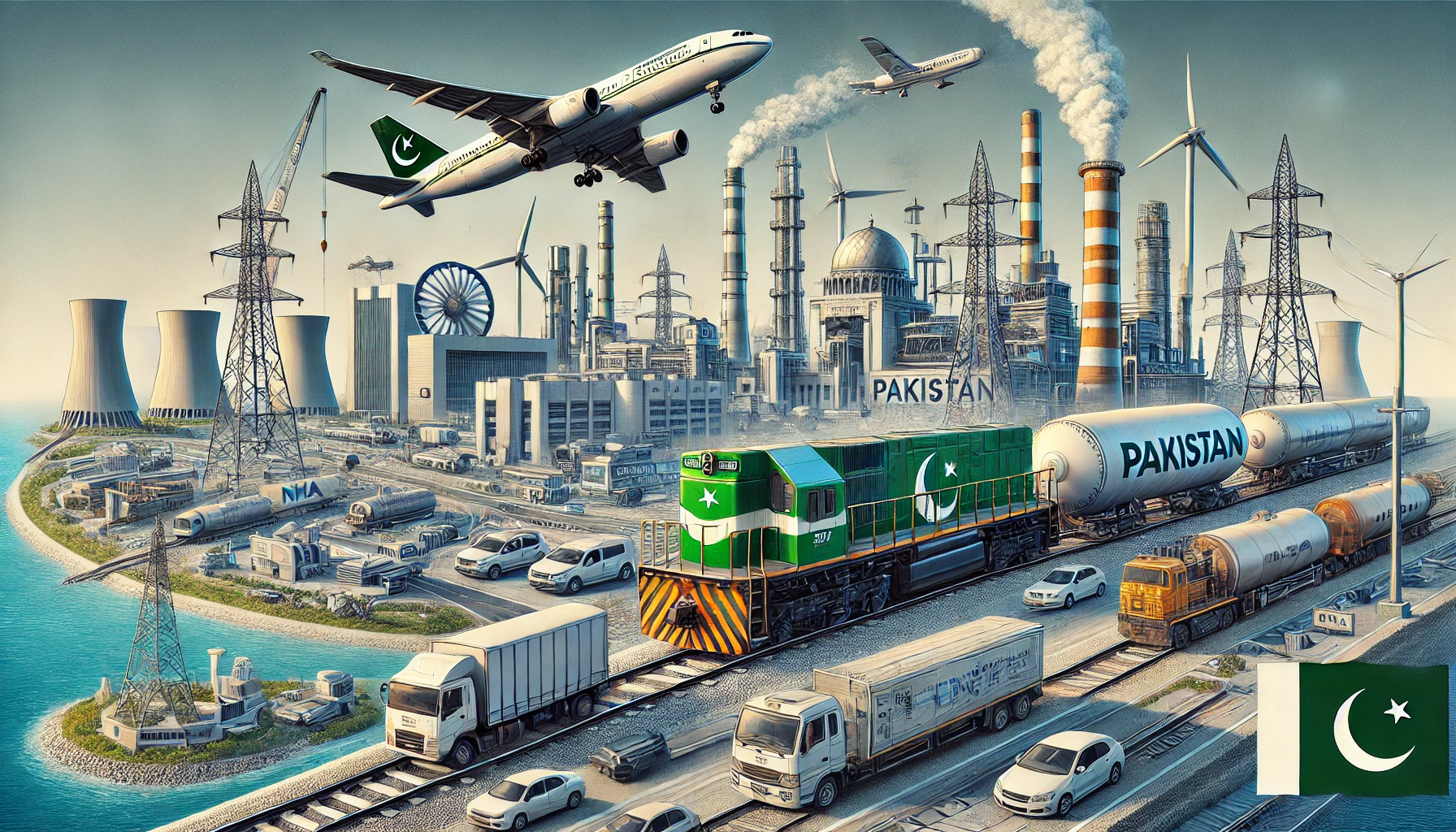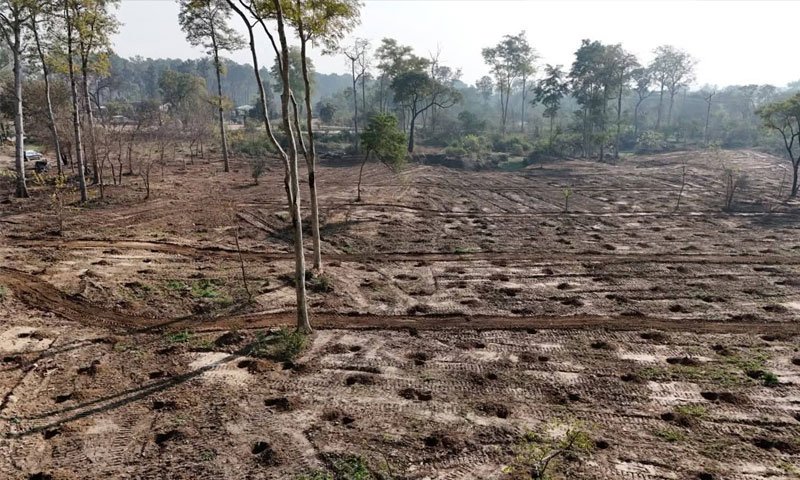Khalid Mahmood Awan
Last weekend, Pakistan witnessed yet another intense clash between the PTI and the government, as the former called for a protest due to Imran Khan’s continued detention. The protest resulted in a virtual standstill in Islamabad and Lahore, with thousands of law enforcement personnel deployed, the use of hundreds of containers as barricades, and numerous PTI members arrested after allegedly clashing with the police. This urgent situation demands immediate attention and action.
While the right to protest is essential in a functioning democracy, protests in Pakistan have often led to the closure of economic activities, violence, and significant disruption to the lives of ordinary citizens. The current fragile state of the economy makes it difficult for the country to afford such frequent street drama.
According to the finance minister, the PTI protests caused the national economy to suffer cumulative losses of Rs190 billion per day, impacting around 800,000 families in Islamabad alone. These families, who are just trying to make ends meet, are the real victims of this political turmoil. The Economic Wing of the Finance Ministry calculated these losses, taking into account the impact on GDP, tax revenue, business and export, foreign direct investment flows, the information technology sector, and the costs associated with the deployment of law enforcement.
Critics of the PTI argue that the party tends to exaggerate during protests, with some of its leadership appearing more focused on theatrics than on achieving its goals. However, it’s important to understand that the PTI’s goals during protests often include drawing attention to what they perceive as government injustices, mobilizing public support, and pressuring the government to address their grievances. They also point out that past PTI protest movements have coarsened the political climate and significantly disrupted the economy. However, it’s important to note that the ruling PML-N has also shown a tendency to overreact to opposition protests and rallies.
While Pakistan cannot afford the economic toll of strikes and protests, the space for dissent in the country has been steadily shrinking. This is due to the passage of controversial laws that restrict freedom of speech and assembly, and the imposition of bans on even non-violent groups. Blaming the economic damage caused by protests solely on the PTI in such a repressive climate is unjustified.
The finance minister’s appeal for those calling for strikes to consider the consequences of their actions and seek negotiations appears disingenuous, as the rulers have made minimal efforts to engage in sincere dialogue with the PTI. Instead, they have often resorted to heavy-handed tactics to suppress the party’s leadership and members, leaving little room for meaningful discourse or peaceful resolution of issues. It’s crucial that both parties prioritize dialogue and compromise to prevent further damage to the economy and the political climate.
The excessive deployment of police personnel and even the army to deal with political protestors only serves to heighten tensions. Additionally, the government’s tactic of slowing down internet services during protests to control mischief has questionable effectiveness, as it paralyzes businesses, halts financial transactions, and disrupts essential services.
Both the PTI and the ruling coalition must step back from their confrontational stance and seek ways to lower political temperatures. While the PTI should adopt a more thoughtful approach to its actions and rhetoric, the rulers bear the ultimate responsibility to stabilize the political climate and the economy due to their more powerful position. If they fail to do so, their pronouncements regarding the economic costs of political strife will ring hollow as they will be seen as exacerbating the very issues they claim to be addressing.















